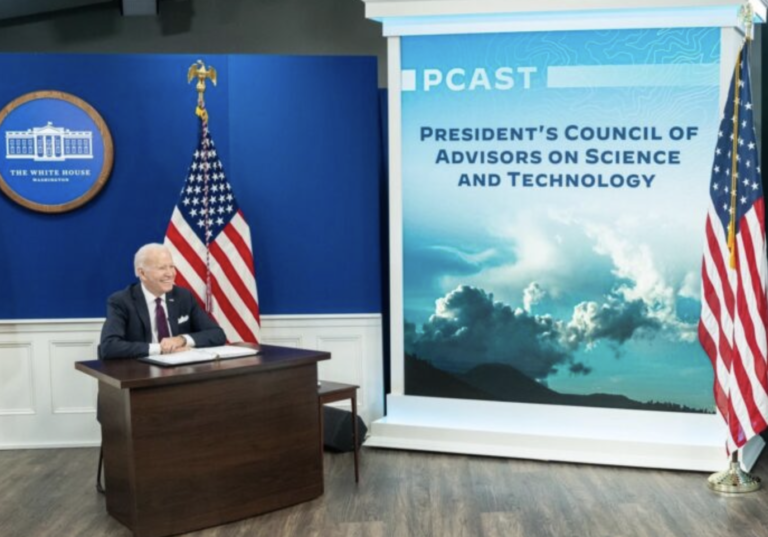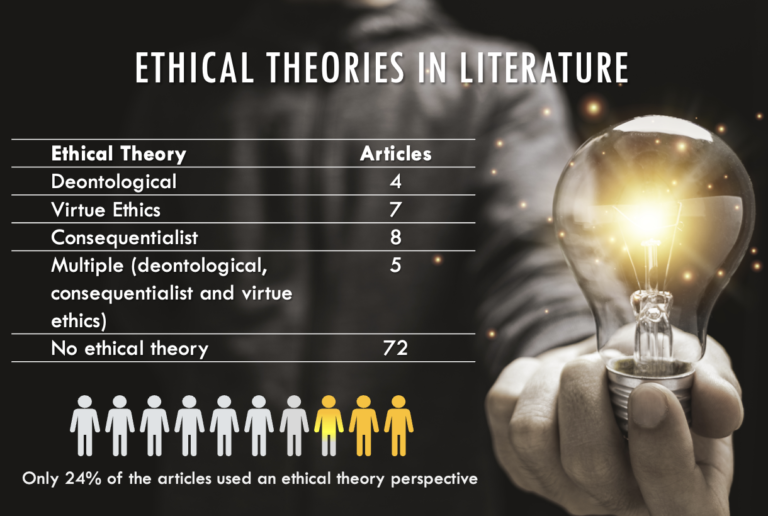
From Data to Dignity: Ethical Challenges in the Age of AI
For Dublin City University Ethics for Business and Technology Course | March 2024 | Marco Tulio Daza Introduction In May 1940, the Nazis invaded the Netherlands. Upon arriving in Amsterdam, Nazi officer Arthur Seyss-Inquart was tasked with identifying opponents of the regime (United…








